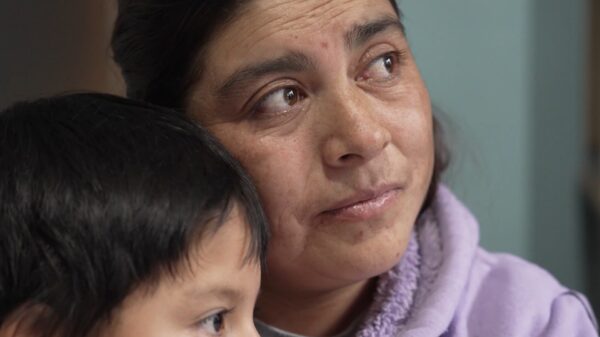The U.S. Food and Drug Administration (FDA) is calling on nicotine pouch manufacturers to implement child-resistant packaging in response to an alarming increase in accidental exposures among young children. The agency’s announcement highlights the potential dangers of these products, which have been linked to cases of nicotine poisoning in minors.
In a statement on March 12, 2024, FDA Commissioner Dr. Marty Makary expressed concern over the rise in nicotine pouch exposure incidents. He emphasized that the colorful designs and fruity flavors of these products could easily attract children. “Manufacturers should consider what steps they can take to prevent accidental exposures and ingestion,” Dr. Makary said.
The FDA has authorized a total of 20 nicotine pouch products, all of which utilize child-resistant packaging. Notably, ZYN, owned by Philip Morris International, is the only nicotine pouch that has been explicitly confirmed by the FDA to protect public health due to its child-resistant design, which has been in place since its launch 11 years ago. Yet, many other brands available in the market lack FDA authorization and do not include child-resistant features.
The FDA’s announcement comes as the number of reported nicotine pouch exposure cases has steadily increased since April 2022. According to data from U.S. Poison Centers, approximately 72% of these incidents involved children under the age of five. The agency warned that even small amounts of nicotine can be harmful or potentially fatal to young children; doses as low as 1 to 4 milligrams have been linked to toxic effects.
Symptoms of nicotine poisoning may include abdominal cramps, confusion, seizures, loss of consciousness, headaches, and vomiting. The FDA has provided guidance for consumers on proper storage of nicotine pouches to mitigate these risks. “Parents and caregivers should safely store all nicotine products, including pouches, in secure locations away from children in original packaging and seek immediate medical attention if accidental ingestion occurs,” the agency advised.
In addition, the FDA recommends that anyone who consumes a nicotine pouch, whether accidentally or not, should call Poison Control at 1-800-222-1222 immediately for assistance.
The rise in accidental exposure to nicotine pouches has raised significant concerns among public health advocates. Kathy Crosby, CEO and president of the Truth Initiative, a nonprofit focused on preventing youth nicotine addiction, remarked, “The recent rise in accidental exposure to nicotine pouches is deeply troubling, especially when it involves our youngest and most at risk.” She emphasized the importance of child-resistant packaging and urged the FDA to ensure that only authorized products are available on store shelves.
Recent statistics indicate that nicotine pouches are becoming increasingly popular among young people. According to the Centers for Disease Control and Prevention (CDC), oral nicotine pouch use among high school students nearly doubled, rising from 1.3% in 2023 to 2.4% in 2024. While the overall user base remains relatively small, with just 0.5% of Americans using nicotine pouches compared to 9% who smoke cigarettes and 3% who use e-cigarettes, the upward trend is concerning.
As manufacturers reassess their packaging strategies, the FDA’s call for child-resistant designs aims to protect vulnerable children from the dangers presented by these increasingly popular products. The agency’s proactive stance reflects a growing awareness of the need for enhanced safety measures in the face of rising nicotine pouch usage.







































































